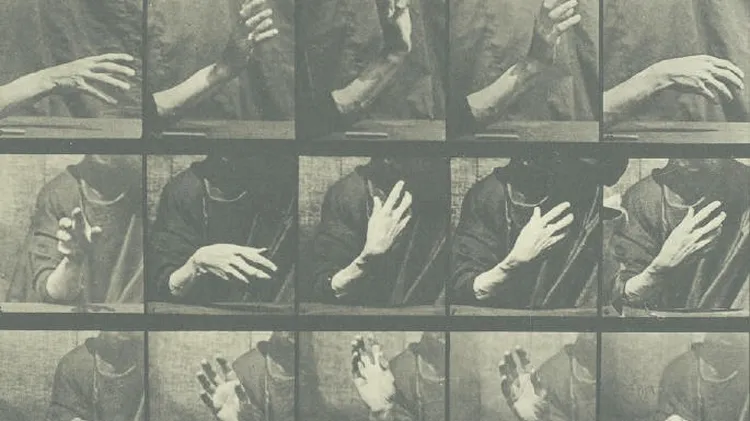How do you write about people whose voices were unheard in their lifetime?
Writing lost voices
9 min read
This article is from...
Read this article and 8000+ more magazines and newspapers on Readly






